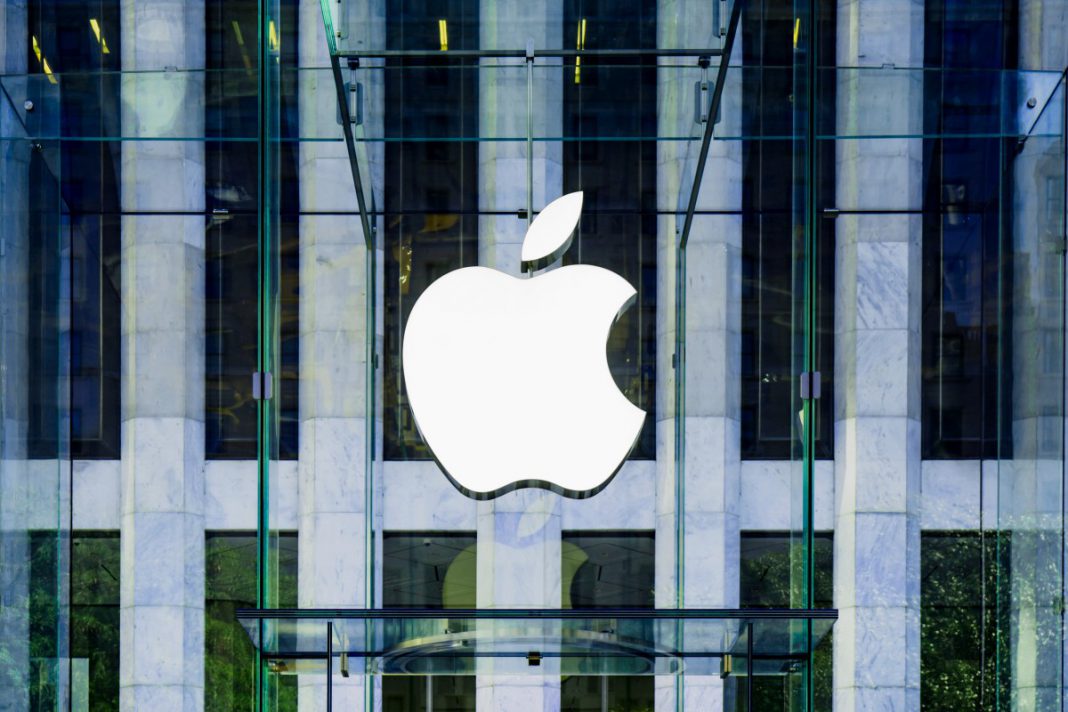Apple is the subject of a US Department of Justice (DOJ) lawsuit alleging that the tech giant has held a monopoly over the smartphone market.
The lawsuit accuses Apple of stifling innovation from competitors and controlling an overwhelming 65% share of the US smartphone market, achieving this through “shapeshifting rules”.
The lawsuit stated: “Rather than respond to competitive threats by offering lower smartphone prices to consumers or better monetization for developers, Apple would meet competitive threats by imposing a series of shapeshifting rules and restrictions in its App Store guidelines and developer agreements that would allow Apple to extract higher fees, thwart innovation, offer a less secure or degraded user experience, and throttle competitive alternatives.”
“It has deployed this playbook across many technologies, products, and services, including super apps, text messaging, smartwatches, and digital wallets, among many others.”
Much of the DOJ’s complaints stem from Apple’s attempts to suppress the rise of super apps by in turn, effectively creating its own super app via the iPhone.
Super apps have been enabled by embedded finance for example, which enable tech companies to integrate payment options in-app for a myriad of purchases, whilst also a plethora of other digital options such as gaming, messaging, video, audio, etc.
The acceleration of super apps across the past several years, in the form of China’s WeChat and more recently Elon Musk’s X (formerly known as Twitter), has also led to Apple integrating non-traditional mobile phone functions such as payments in the form of Apple Pay.
However, the lawsuit alleges that the California-based company viewed super apps as “fundamentally disruptive” to “existing app distribution and development paradigms”, and believes Apple sought to implement super app-like functions to warn off competition and customers from using other devices.
The lawsuit claims: “Apple recognizes that super apps with mini programs would threaten its monopoly.
“As one Apple manager put it, allowing super apps to become “the main gateway where people play games, book a car, make payments, etc.” would “let the barbarians in at the gate.” Why? Because when a super app offers popular mini programs, “iOS stickiness goes down.”
“Apple’s fear of super apps is based on first-hand experience with enormously popular super apps in Asia. Apple does not want US companies and US users to benefit from similar innovations.”
A fundamental aspect of a super app is payments, or in Apple’s case, Apple Pay and Wallet. The lawsuit further derived allegations that Apple has been blocking third-party payment companies from creating their own digital wallets on the iPhone.
Apple Pay has become one of, if not the most popular forms of contactless payments over the last several years, which surged in usage during the COVID-19 pandemic.
The DOJ believes much of this popularity and usage stems from the popularity of the iPhone and the seamlessness of making tap-to-pay payments directly from the user’s iPhone.
However, it also accuses Apple of knowingly only integrating Apple Pay to iPhone’s to help boost sales for the smartphone, which in turn consolidates the tech company’s control of not just the smartphone market, but also the digital wallet market too.
“Apple has used its control over app creation, including its technical and contractual control over API access, to effectively block third-party developers from creating digital wallets on the iPhone with tap-to- pay functionality, which is an important feature of a digital wallet for smartphones,” claims the DOJ.
“As a result, Apple maintains complete control over how users make tap-to-pay payments with their iPhone. Apple also deprives users of the benefits and innovations third-party wallets would provide so that it can protect “Apple’s most important and successful business, iPhone.”
Besides super apps and digital wallets, the DOJ accuses Apple of being anti-competitive by holding an attempted monopoly over the smartphone industry, preventing developers from creating cloud-based apps, undermining other messaging services and other various anti-competition allegations.
Apple has since responded to the DOJ lawsuit by stating it has ‘threatened’ the company’s principles and is “wrong on the facts and the law”.
An Apple statement read: “This lawsuit threatens who we are and the principles that set Apple products apart in fiercely competitive markets.
“If successful, it would hinder our ability to create the kind of technology people expect from Apple – where hardware, software, and services intersect.”
Upon the release of the lawsuit against Apple, its shares dropped by 3.5% on US trading stock exchanges.























